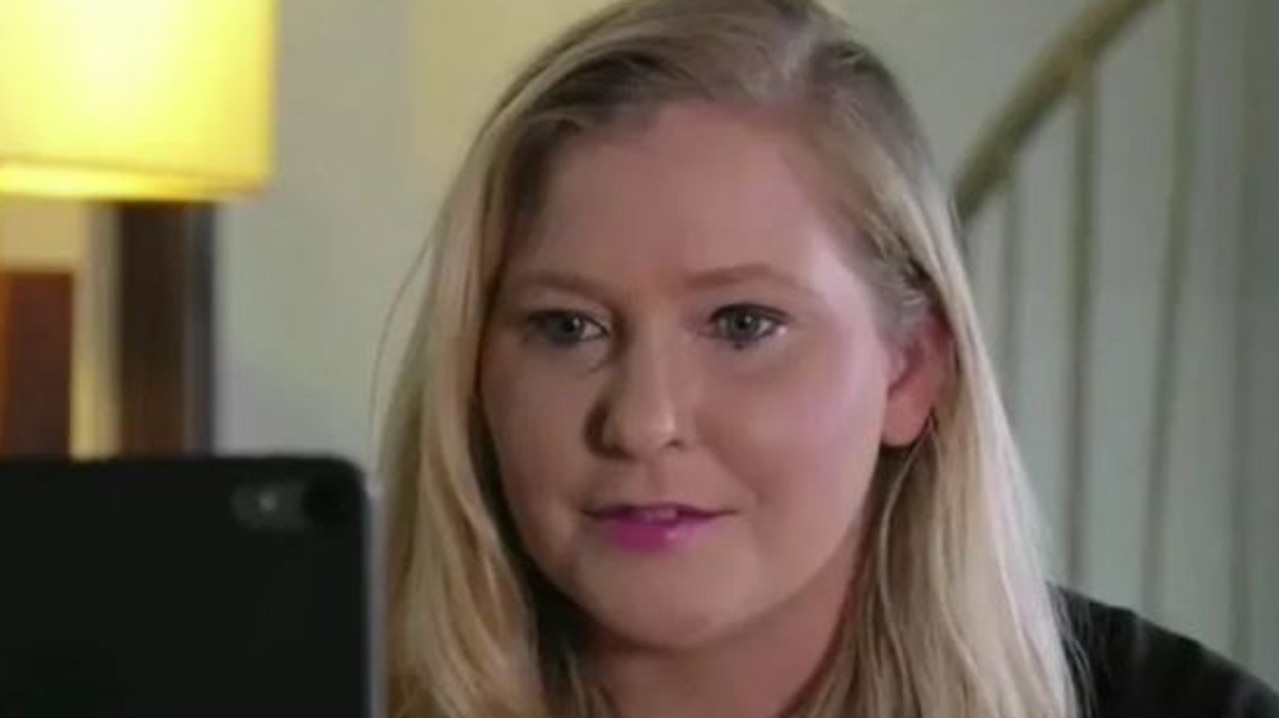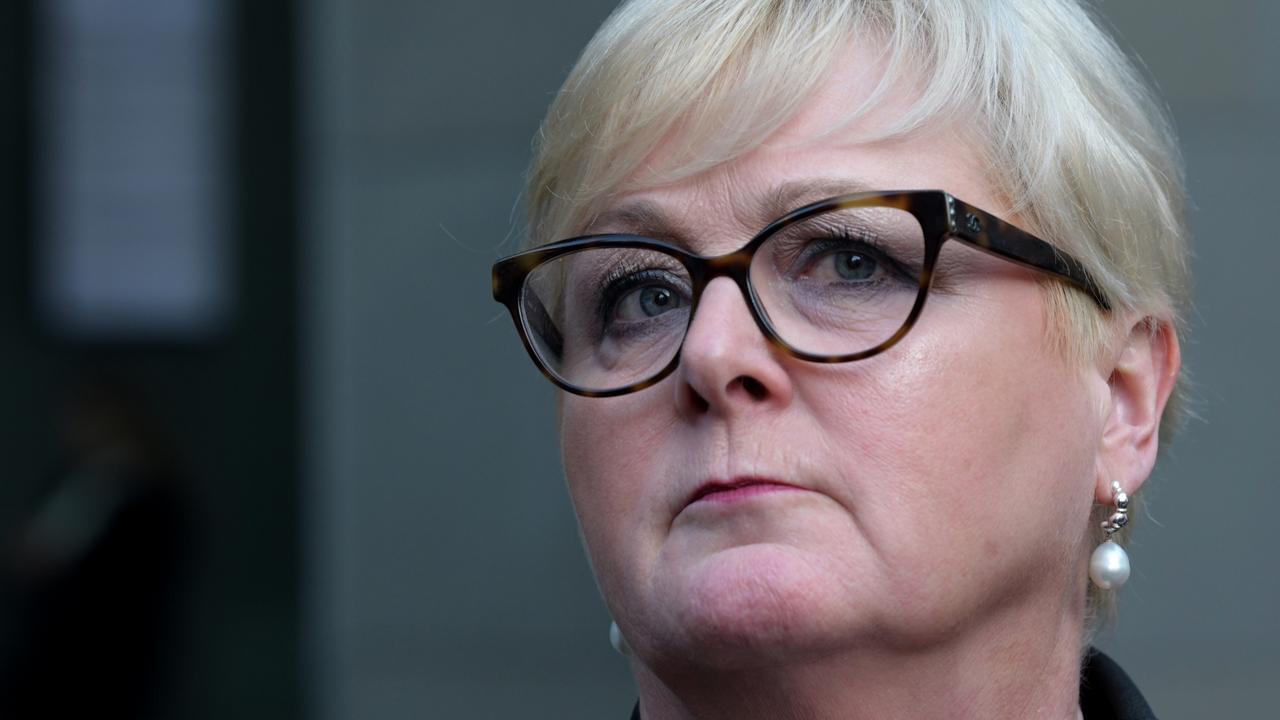Ivan Milat inquest: Serial killer’s miserable final years in jail
As Australia’s most notorious killer lay in his prison hospital bed dying, struggling to breathe and swallow, Ivan Milat issued a final plea to prison nurses.
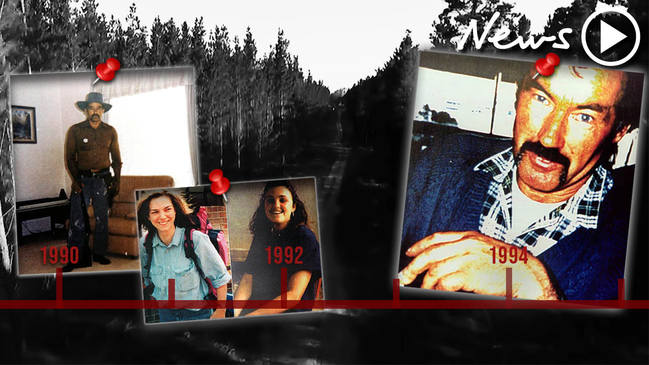
Ivan Milat, Australia’s most notorious serial killer, spent the final year of his life suffering almost constant pain after his body became riddled with cancer – but was given “care and comfort” in the last weeks of his life.
Milat, 74, died in the hospital wing of Sydney’s Long Bay Correctional Centre on October 27, 2019.
He had been suffering from terminal stomach and oesophagus cancer for almost a year when it eventually claimed his life at 4am that morning.
Milat spent 25 years being ferried around NSW’s maximum security prisons and became known for starting armed riots and suffering from depression.
An inquest into Milat’s death was held today, mandatory for any death in custody, even if the person dies of natural causes.
At the very brief inquest, NSW Deputy State Coroner Derek Lee determined Milat died of natural causes, from metastatic gastroesophageal adenocarcinoma.
The inquest heard Milat made one final request to prison nurses before he died on the morning of October 27, asking for pain and anxiety medication at 9.30pm the night before.
RELATED: Ivan Milat dead at 74
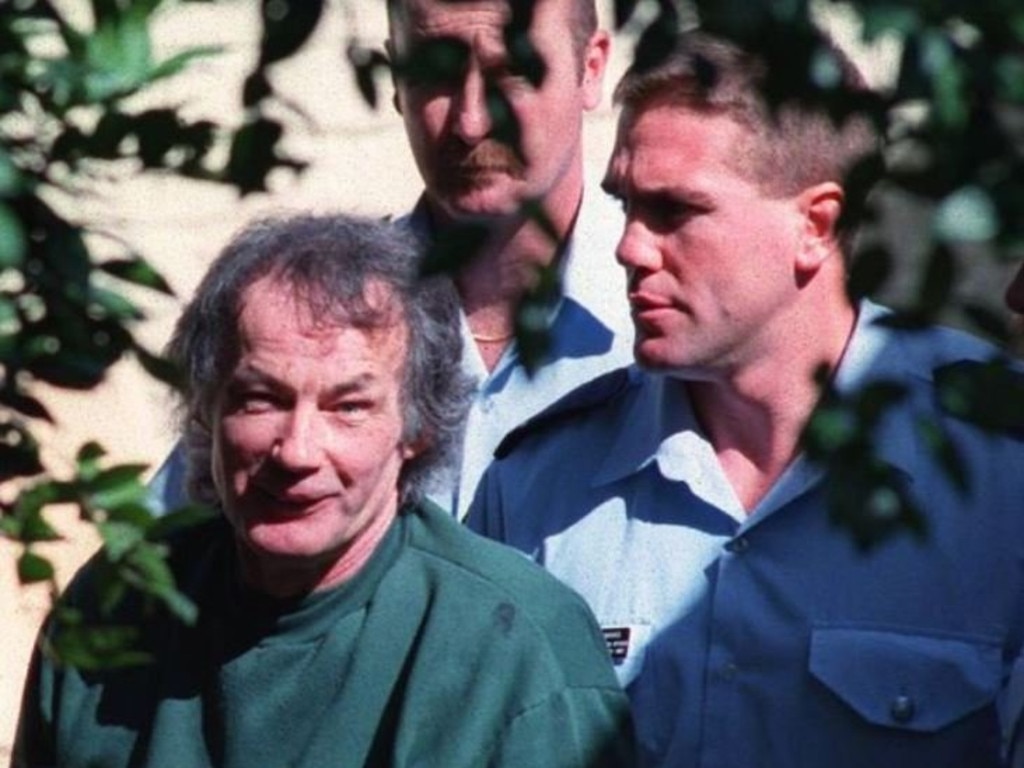
RELATED: Ivan Milat transferred to the ICU as killer ‘prepares for death’
The inquest heard Milat spent most of his life sentence in high risk management at Goulburn’s maximum security prison and was known for suffering from depression and partaking in self-harming and the occasional armed riot.
Milat lost 25kg in 2001 when he went on a hunger strike for nine days in an unsuccessful attempt to get a PlayStation.
And in 2009, Milat hacked his pinky off with a plastic knife, with plans to send it to the High Court of Australia to push for an appeal.
In October 2018, Milat started having issues with his upper gastrointestinal tract, the inquest heard.
Milat was treated however, in December of that year, his symptoms worsened as the serial killer continued to suffer severe pain and struggled to swallow.
Milat began to rapidly lose weight, as his cancer-riddled throat left him unable to comfortably eat and swallow.
During his December appointment, a GP suggested Milat get further tests and see a specialist.
On January 18, 2019, Milat refused to attend his specialist appointment in Sydney, against medical advice.
Doctors at Goulburn Jail continued to monitor Milat, as the serial killer continued to rapidly lose weight and suffer swallowing problems.
Records kept by NSW’s Justice Health show Milat had a history of refusing treatment, against medical advice.
His throat pain and reflux worsened, but Milat again refused specialist treatment.
Between February and May, Milat refused a soft food diet and repeatedly refused to be taken to Sydney for specialist help.
It’s understood Milat lost around 20kg before seeking treatment for his swallowing issues.
On May 1, 2019, Milat agreed to be taken to Sydney so doctors could properly investigate his issues and conduct specialist pathology tests.
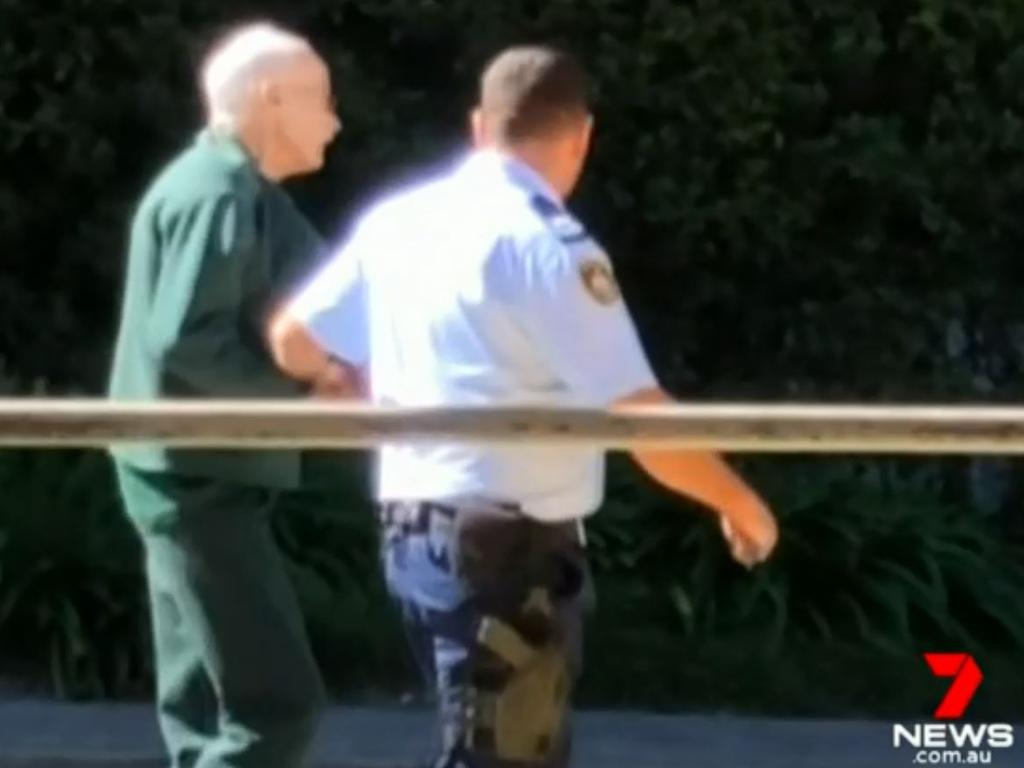
On May 8, 2019, a GP saw Milat before he was transferred to Prince of Wales Hospital, in Sydney’s east.
During his time in hospital, doctors conducted a CT scan on Milat, finding moderate hardening of his stomach and oesophagus.
This led to doctors finally being able to diagnose Milat with poorly differentiated carcinoma – cancer in his oesophagus and stomach.
Doctors also found nodal disease – a form of mouth and throat cancer – above and below his diaphragm.
After discovering his body was riddled with cancer, a diagnosis that had left him unable to properly eat for months, Milat agreed to a palliative oesophageal implant on May 21.
Milat stayed in the hospital’s secure prison ward until May 27, before he was transferred to the hospital unit of nearby Long Bay Jail, in the Sydney suburb of Malabar.
Milat was taken to Prince of Wales Hospital on June 3 for chemotherapy, before being transferred back to the jail on June 7.
The palliative care team saw Milat on June 7, providing him with some “patient comfort measures”, the inquest heard.
On June 27, Milat consented for palliative chemotherapy, where doctors explained his cancer was “incurable” and that the treatment had a 30 to 40 per cent chance of working. He was given months to live.
Milat spent the next four months being ferried between Long Bay’s hospital, where he was cared for in the jail’s sub-acute ward, and the Prince of Wales Hospital to receive chemotherapy treatment.
On August 19, two weeks after he met with psychological services, Milat signed a DNR – a do-not-resuscitate order – requesting doctors to allow him to die a natural death.
The order stops doctors from giving CPR in the event a person’s heart stops. It also stops all other medical intervention that might prolong someone’s life.
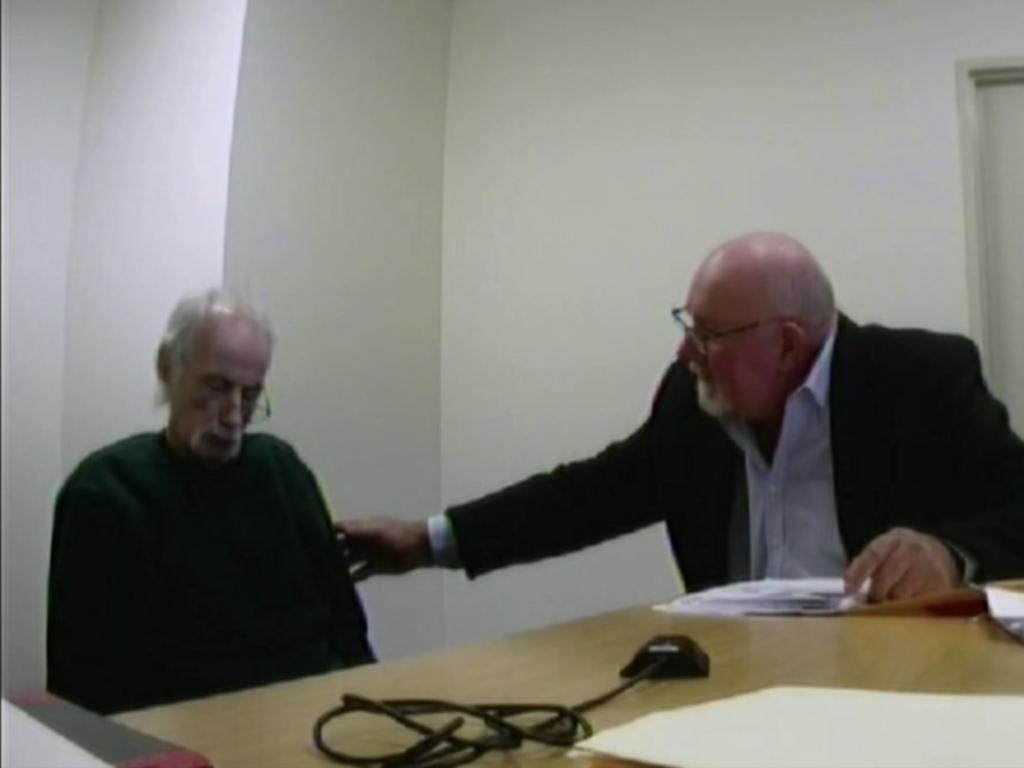
On October 26, at 9.30pm, Milat requested pain and anxiety medication, and was given both by the nurses.
Throughout the night, he appeared to be reading upright in his bed.
On the morning of October 27, at around 3am, doctors observed Milat sleeping in his prison bed.
An hour later, Milat was found unresponsive.
Due to the DNR, doctors did not attempt to resuscitate 74-year-old Milat, with the killer’s time of death declared at 4.07am that morning.
None of Milat’s family were in court today to witness the final chapter of the killer come to a close.
The inquest today heard Milat’s family had no concerns about the medical treatment he received in his final months of life.
However, the inquest heard Milat’s brother Bill was furious he found out about his death from the media, rather than Corrective Services.
It emerged at the inquest today that a journalist had called Bill at 5am on the morning of October 27, informing him of his brother’s death.
Two hours later, police arrived at Bill’s home to deliver their death message.
Corrective Services NSW today admitted media had been told about Milat’s death before NSW Police had spoken to Milat’s family.
Counsel assisting Corrective Services NSW Alexander Jobe said changes had been made to ensure police had notified next of kin before any inmate’s death was revealed to the media.
Senior Constable Luke McNaughton, the officer in charge of Milat’s death investigation, said NSW Police had invited Bill to attend the inquest.
Bill told police he did not want to attend, appear remotely or give a family statement.
Milat, 74, had been in jail since his arrest in 1994.
The serial killer was serving seven life sentences for the horrific murders of seven backpackers, however Milat was also been linked to at least a dozen other unsolved murders.
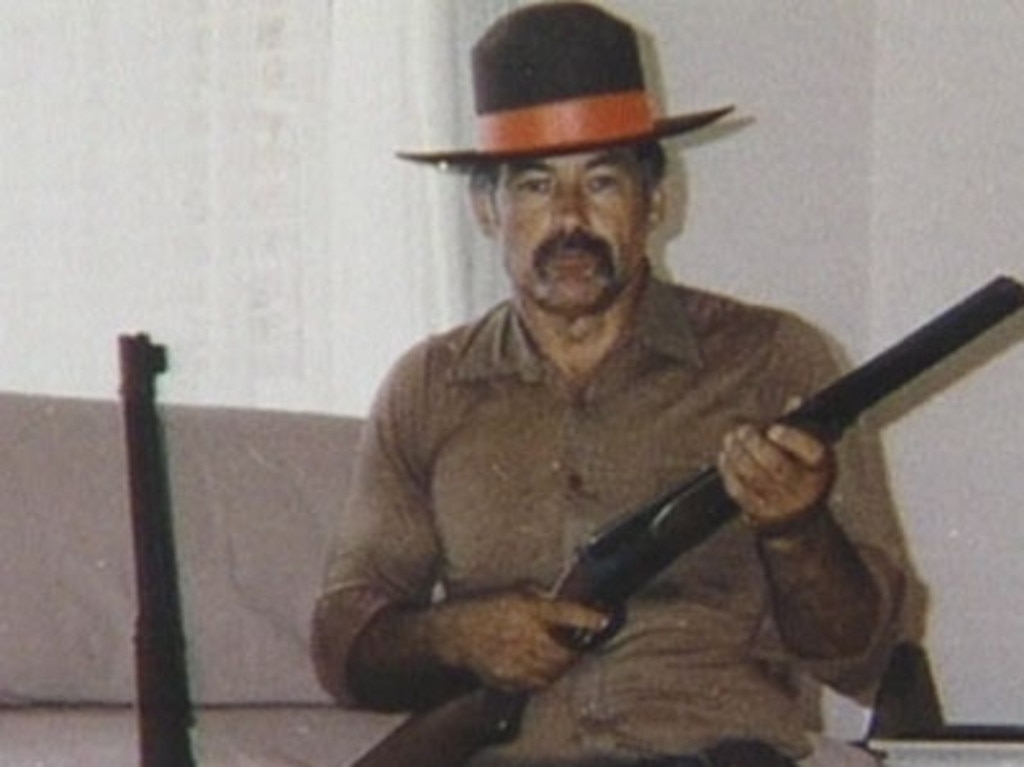
He always maintained his innocence, refusing to confess to killing the seven people police were able to convict him on.
Milat was found guilty of killing the backpackers over a period of four years, picking them up as they were hitchhiking before driving them to the Belanglo State Forest south of Sydney to murder them.
Milat was also convicted of kidnapping British tourist Paul Onions, who managed to escape from the serial killer’s vehicle.



